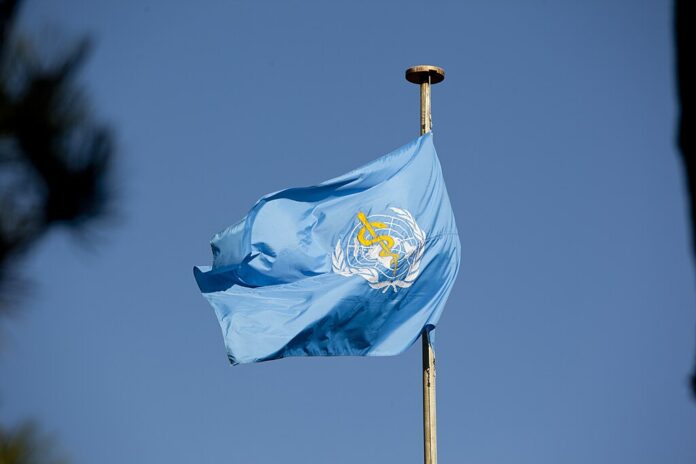World Health Organization calls for stricter regulation to combat the health hazards posed by major industries
A recent report by the World Health Organization (WHO) has shed light on the alarming death toll caused by tobacco, alcohol, ultra-processed foods (UPFs), and fossil fuels in Europe. According to the findings, these industries collectively contribute to the premature deaths of 2.7 million people every year across the continent. The report underscores the urgent need for governments to implement stringent regulations to address the harmful impact of these products on public health.
The WHO’s comprehensive analysis reveals that tobacco, fossil fuels, UPFs, and alcohol are accountable for over 7,400 deaths daily across Europe’s 53 states. Shockingly, these industries are responsible for approximately one-fourth (24.5%) of all mortality in the region annually.
Embed from Getty ImagesThe report highlights the detrimental influence of powerful corporations, accusing them of employing deceptive marketing tactics and obstructing government efforts to combat diseases such as cancer, heart disease, and diabetes. Dr. Hans Henri P Kluge, the WHO regional director for Europe, emphasized the exploitative strategies used by these industries to maximize profits at the expense of public health.
Furthermore, the report condemns the covert methods employed by major commercial entities to undermine initiatives aimed at reducing smoking, alcohol consumption, and obesity—key contributors to preventable health issues.
Despite the severity of the health risks posed by these industries, the report notes a lack of comprehensive regulatory measures across European countries. While some nations have implemented restrictions on tobacco advertising and packaging, efforts to regulate alcohol marketing and unhealthy food promotion remain inadequate.
Analysis:
Political: The WHO report underscores the urgent need for governments to prioritize public health in policymaking. It calls for robust regulations to counter the influence of powerful industries and protect citizens from the harmful effects of tobacco, alcohol, and processed foods. Policymakers must prioritize the implementation of measures aimed at curbing the marketing and consumption of health-damaging products.
Sociological Angle: The findings of the report highlight the socioeconomic disparities in health outcomes, with vulnerable populations disproportionately affected by the adverse effects of tobacco, alcohol, and unhealthy foods. Stricter regulations are necessary to address these inequalities and ensure equitable access to health-promoting environments for all segments of society.
Economic: While industries like tobacco and alcohol contribute significantly to national economies, the long-term costs associated with healthcare expenditures and loss of productivity due to preventable diseases outweigh the economic benefits. Governments must strike a balance between economic interests and public health imperatives by implementing policies that prioritize the well-being of their citizens.
Psychological Aspect: The pervasive marketing tactics employed by industries promoting tobacco, alcohol, and processed foods can influence consumer behaviour and perpetuate unhealthy habits. Efforts to regulate marketing practices and promote healthier alternatives are essential to combat industry-driven consumption patterns’ psychological impact.
